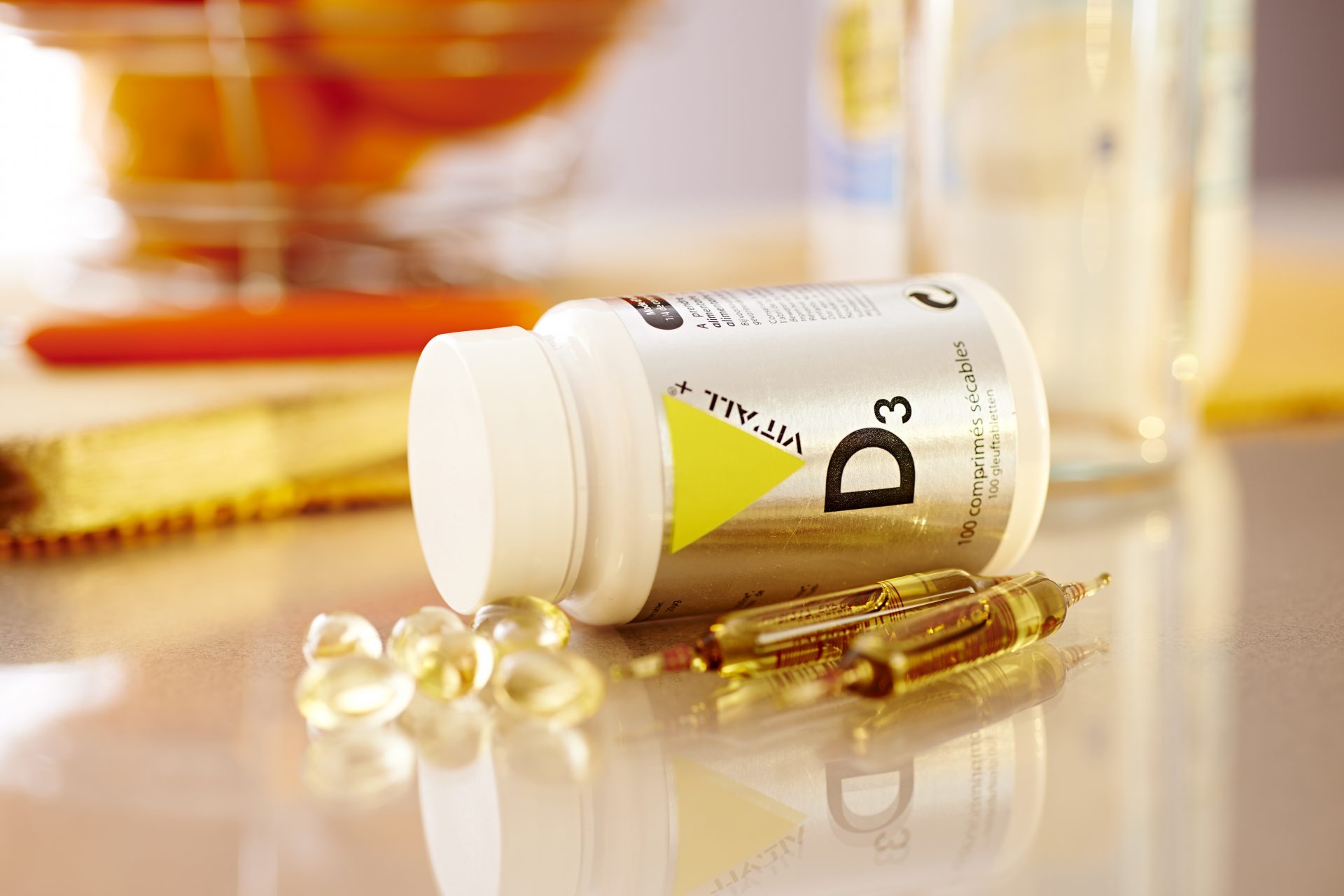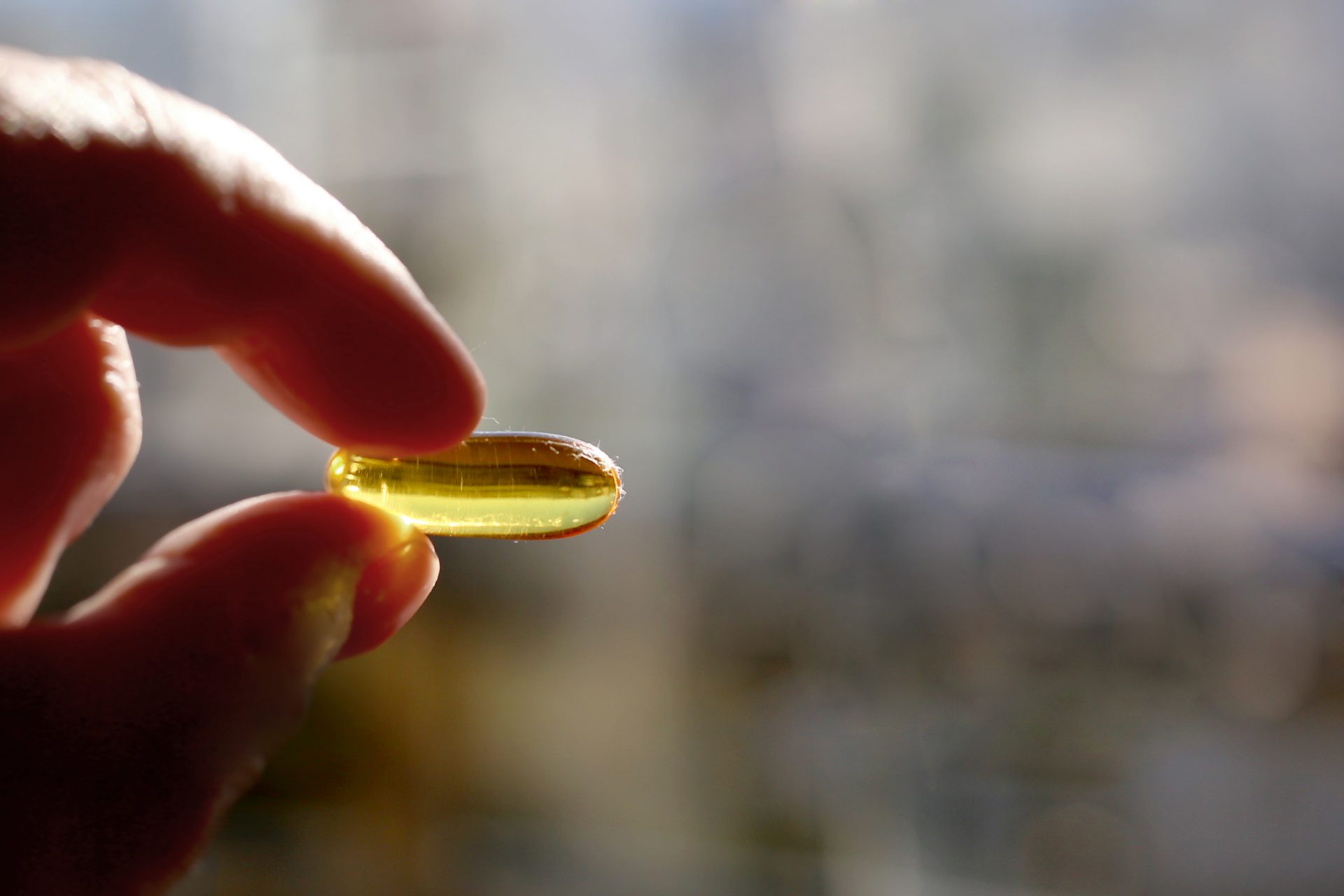Science suggests you can save your heart with Vitamin D
Vitamin supplement companies tend to make all sorts of promises about how their products can help save your life, but adding a little Vitamin D to your daily routine could actually help protect your heart health according to a 2023 study.
Researchers from the University of Eastern Finland discovered that taking a much higher dose of Vitamin D than would normally be recommended could save your heart, and they published their findings in the American Heart Journal.
Specifically, taking higher-than-recommended doses of Vitamin D can reduce the risk of developing atrial fibrillation in both older men and women after a period of five years according to the researchers.
Atrial fibrillation is a condition where the heart beats too fast or too slow in an irregular way according to the Centers for Disease Control and Prevention and can be deadly.
Roughly 12.1 million people in the United States will suffer from atrial fibrillation by 2030 and the condition was listed as the cause of death on as many as 182,321 death certificates in 2019.
Risk factors for atrial fibrillation include older age, obesity, diabetes, smoking, heavy alcohol consumption, high blood pressure, European ancestry, and hyperthyroidism—problems that affect a large majority of people all over the world.
Atrial fibrillation is also associated with an increased risk of stroke, mortality, and heart failure. However, researchers from the University of Eastern Finland reported in their study that Vitamin D could make a big change in one's risk of developing atrial fibrillation.
Researchers embarked on a five-year study to examine the association between supplementing Vitamin D had on cardiovascular diseases and cancer and made an exciting discovery.
High levels of Vitamin D supplementation were observed to have led to a reduced risk of developing atrial fibrillation in both healthy older individuals across all participants over the course of the study. But how was this study conducted and how much Vitamin D did participants take to reduce their risk of developing atrial fibrillation?
The five-year study was composed of 2495 participants between the ages of 60-65, and was split into three separate groups that were administered varying doses of Vitamin D.
One group was asked to take 1600 International Units (IU) of Vitamin D per day while a second group was told to take 3200 IU a day. The third group took a placebo but critically all groups were allowed to take the baseline recommended level of Vitamin D at 800 IU a day.
Over the course of the study, only 190 participants were diagnosed with atrial fibrillation according to the study’s authors with the majority, 76 individuals, coming from the placebo group.
Only 59 individuals were diagnosed with atrial fibrillation in the group taking 1600 IU of Vitamin D daily and 55 people developed atrial fibrillation in the group taking the larger 3200 IU dose of Vitamin D a day.
The risk of developing atrial fibrillation was 27% lower in the group taking 1600 IU of Vitamin D versus the placebo group and 32% lower in the group taking 3200 IU a day.
The findings led the researchers to claim that supplementing with high-dose Vitamin D could reduce the risk of atrial fibrillation in otherwise healthy elderly individuals.
It is important to note that all study participants were considered generally healthy and no participants were accepted into the study if they reported any signs of cardiovascular disease or cancer beyond melanoma.
The researchers noted more study was needed to conclusively prove the effectiveness of Vitamin D supplementation as a method of reducing the risk of atrial fibrillation and said lower levels of 400 IU a day and higher levels of 2000 IU should be examined.
More for you
Top Stories






























